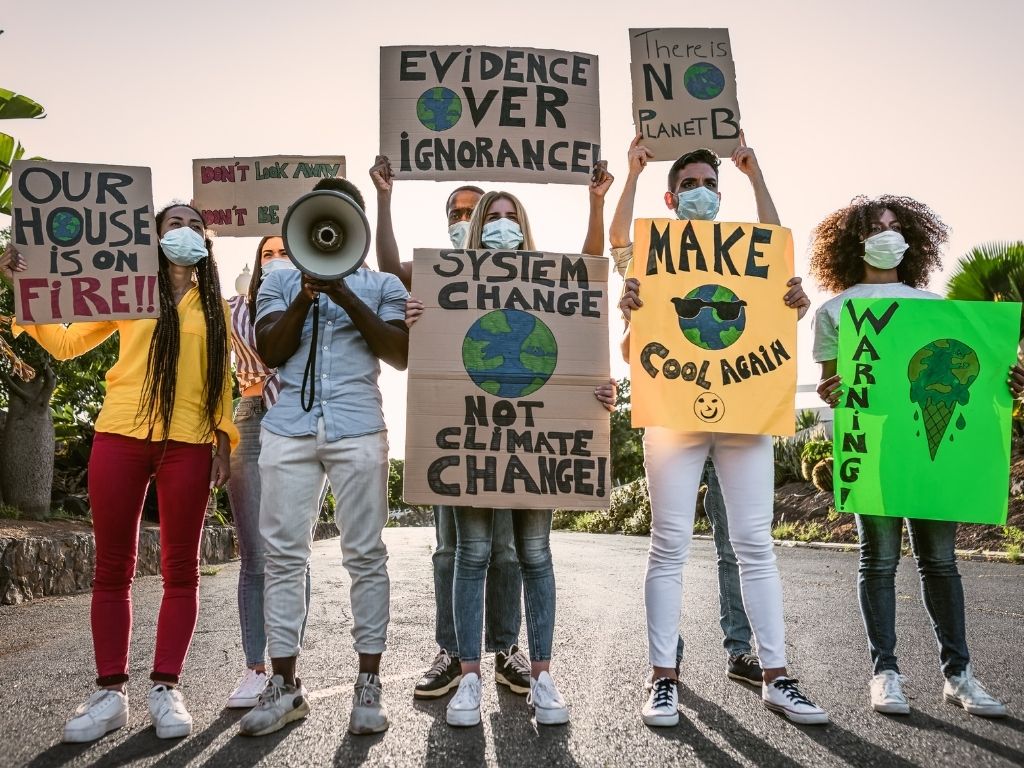
Climate change affects everyone, but kids are particularly vulnerable. They are especially exposed to environmental health hazards because they are still developing and have greater weight-based exposure to air, food, and water. While the climate situation can feel daunting, there are appropriate methods to discuss it with kids. We may have climate change conversations with kids in an open, hopeful, developmentally appropriate, and action-oriented manner. To celebrate World Teachers’ Day, which every year falls on October 5, here’s Earth.Org’s guide to discussing climate change with kids of all ages.
—
Toddlers are only beginning to understand their place in the world. It’s the ideal opportunity to introduce kids to them. Here are some suggestions:
Take walks to demonstrate how the weather impacts nature. Discuss how weather influences the seasons. You can, for example, point out bird nests and discuss how weather determines when and where birds build their nests. Discuss different wild animals and how they all have homes that need to be protected.
Choose fruit, vegetable, or flower seeds for your garden, or herbs for your kitchen boxes. Young kids can assist with plant care and enjoy witnessing something develop from nothing. Discuss how your child, like plants and animals, requires oxygen to breathe. Pollutants in the air have an impact on people’s health.
Check this out next: What Is Organic Farming?
Highlight the local effects of climate change based on your area. Some locations may be more vulnerable to wildfires, hurricanes, and flooding, while others may face longer and more intense heat waves, as well as an increase in sickness caused by mosquitoes and ticks.
Begin by describing climate change concepts in simple scientific terms. Inquire about what they know and fill in the holes, or do some research together. NASA has online materials to assist parents in understanding each component of climate change.
Discuss the impact of personal choices on the environment and demonstrate respect for nature. Calculate your family’s carbon footprint and ask them how they plan to reduce it. Here are several examples:
Check this out next: A Kids’ Guide to Air Pollution
Teens are more conscious of how issues affect all aspects of their lives. Discuss how climate change can have an impact on our economy and society. This can pique people’s interest in science and introduce them to the concept of civic responsibility.
Choose a recent or continuing incident and analyse how climate change may have contributed to it and its economic consequences. As an example:
Encourage your teen to think of unique solutions and methods to express their ideas. Here are several examples:

Check this out next: Fridays for Future and the Importance of Young Climate Change Activists
Kids are the next generation of intellectuals and inventors. Youth leadership is already having a significant impact. Kids may come up with the best answers if we instil a love of the environment in them from an early age. Don’t be shocked if they teach you anything along the way as well.
Check this out next: A Kid-Friendly Guide to Recycling